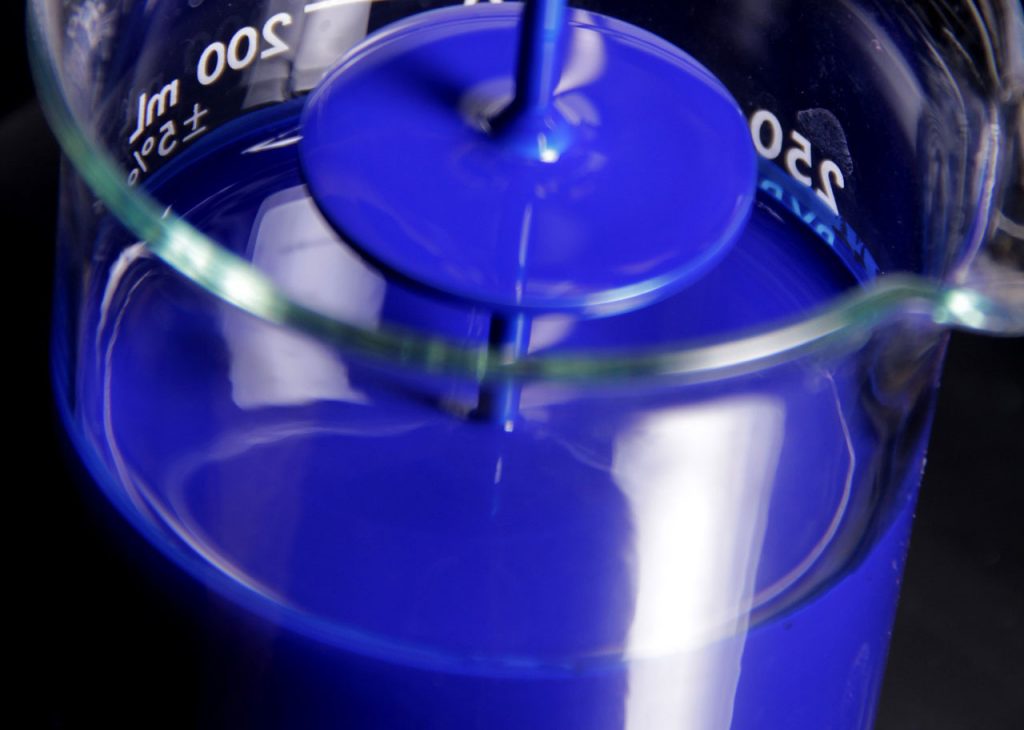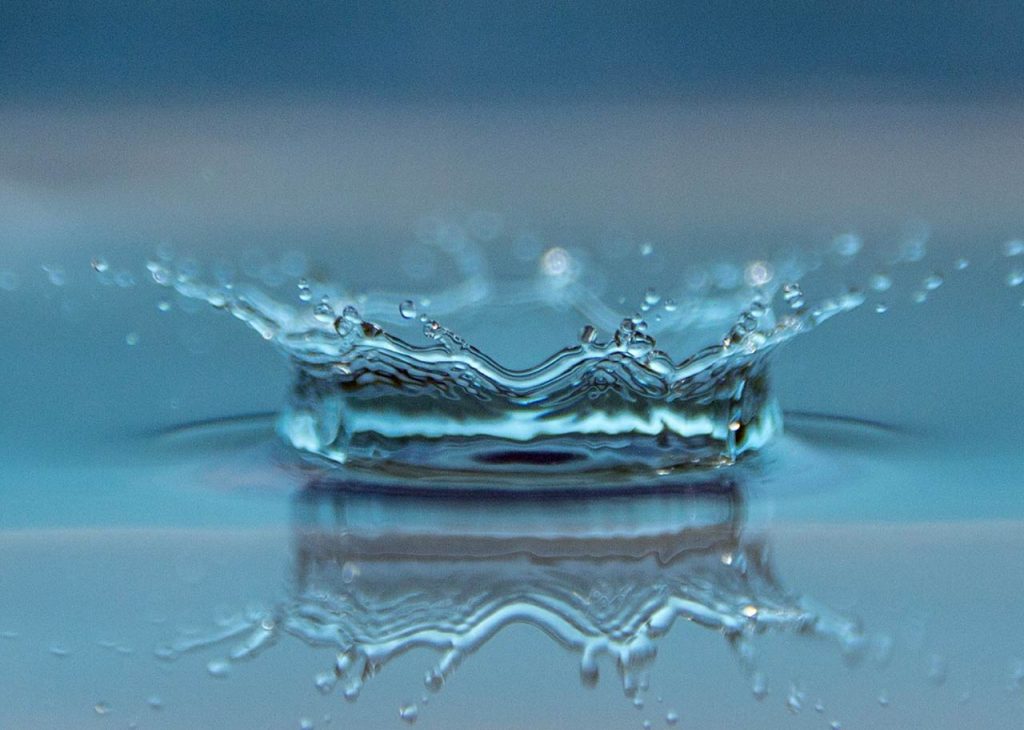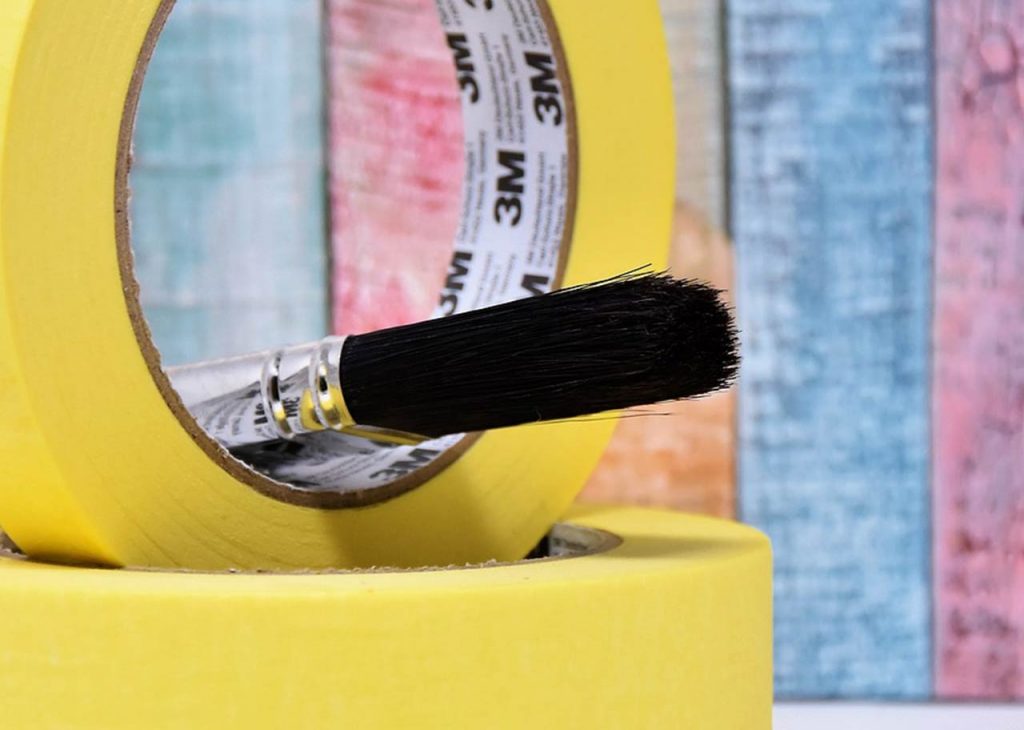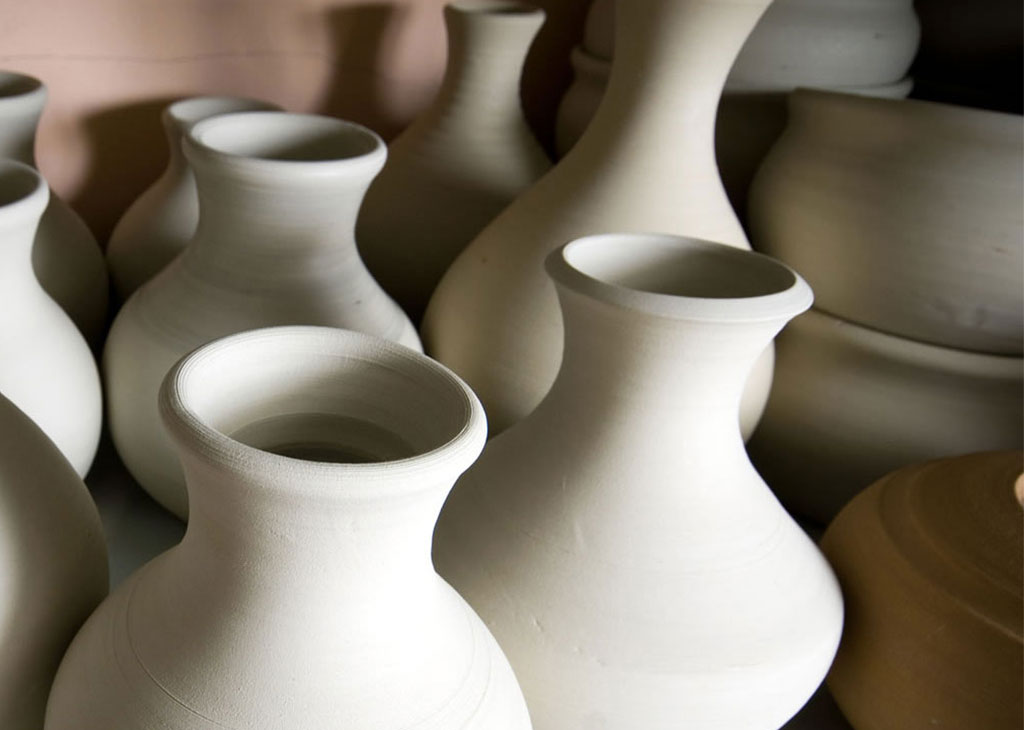Paints and Pigments

Additive for Paints and Pigments
In the formulation of modern paints, after the reduction of aromatic solvent content according to DIN 18363, silicates are frequently used in the formulation of water-based paints. Their use is particularly important in exterior paints, where silicate is added to the pigment during post-treatment at the end of production.
Correctly applied silicates allow for the creation of high aesthetic value paints, especially for matte or “antique” finishes. Due to their alkaline and inorganic nature, paints containing silicates are not susceptible to mold or bacterial growth, they have color stability, and are suitable for outdoor use even in adverse environmental conditions.
Features
- Improves adhesion.
- Facilitates dispersion
- Provides an opaque effect
Warer Treatment

Economical and environmentally friendly cleansing agent
Sodium silicate is used as an alum coagulant and iron flocculant in wastewater treatment plants, promoting the aggregation of suspended parts.
Silicate added in the treatment of drinking or industrial water in small quantities (a few ppm) prevents the formation of red water, a phenomenon due to corrosion of metal pipes, forming a protective layer.
Features
- Increases flocculation size and speed
- Protects iron pipes and other metals from corrosion
- Improves flavor
- Eliminates the phenomenon of red water
Water-based adhesives

Strong adhesion and low costs
Sodium silicate solutions are widely used as adhesives in the production of corrugated cardboard and cardboard. Silicate can be applied to paper using the cascade, roller, or immersion method.
It is inorganic and therefore resistant to mold and bacteria.
Its high heat resistance makes it suitable for bonding applications for fire-resistant walls, fire doors, and refractory materials.
Features
- High temperature resistant
- Chemical resistant
- Easy to apply
Ceramic Industry

Optimization of industrial processes in ceramics
Sodium silicate is one of the most commonly used materials in the ceramics industry.
It is used to make slip more fluid; it saves energy by eliminating water, thus increasing the efficiency of kilns. The addition of silicate-based mixtures increases strength and slipperiness.
Features
- Promotes fluidification
- Increase the efficiency of kilns
- Reduces the viscosity of clay
TRY OUR PRODUCTS
Request a free sample to test the quality of our sodium silicate